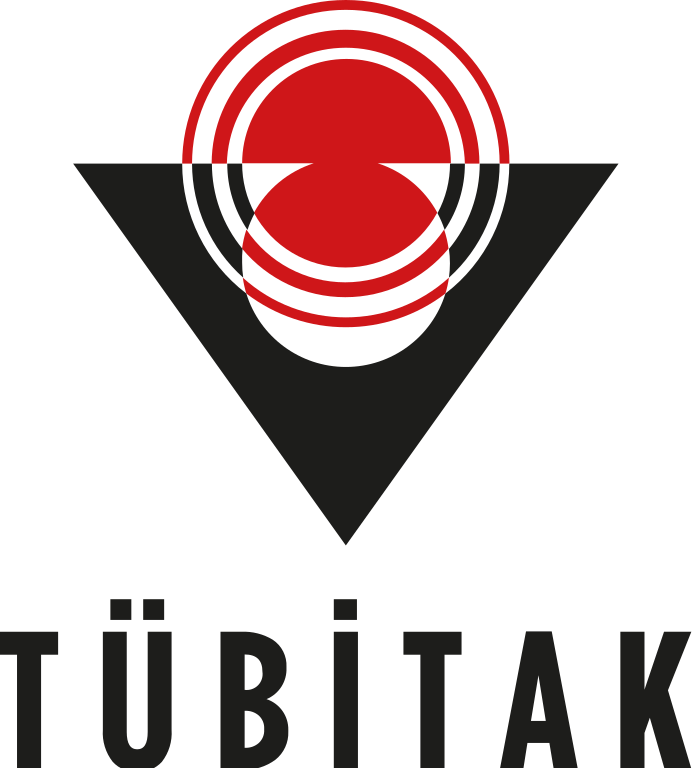Developing systems for coordination and automated behavior detection on online social networks
While the widespread use of social networks offers benefits such as increased access to information and the strengthening of interpersonal communication, it also enables malicious individuals or groups to engage in harmful activities using automation technologies and coordinated activities on these platforms. Research developed and conducted on these networks mostly focuses on content written in English and political and social events in Western countries. It is particularly important that systems envisioned in this project to detect harmful behaviors on these platforms that may negatively impact public health, countries' domestic politics, user sentiment and behavior, such as coordinated activities and misinformation, are able to operate in different languages and data types without data-related biases. The novel contribution of this project is 1) the development of deep learning systems that enable the analysis of content produced in multiple languages, visual and network data types; 2) the development of systems that can measure the complexity of account behaviors and automatically generate new behaviors, as well as systematically measure their impact on simulated systems, and 3) the creation of systems that use supervised and unsupervised learning techniques to leverage lessons learned in account-oriented analysis in determining coordination. The project planned for this purpose will be carried out under three main objectives and nine associated work packages. The tools and approaches to be used to achieve these objectives are drawn from computer science and computational social sciences and will be applied by developing new methods tailored to the problem. Initially, deep learning methods for text, image and network data will be developed and used to detect bot accounts annotated in social media data. Tools will be developed to increase the quality of the datasets and a competition will be organized to identify the biases that the systems and the dataset used may contain. Multiple data types will be used in the analysis of account behavior, and their complexity in their behavioral dynamics and differences from human accounts will also be analyzed using this complexity measure. Using the systems developed in the project, the systems that perform representation learning on dynamic network structures will be developed and tested based on the determination of the accounts that exhibit coordination behavior and the roles they take. In accordance with the project goals, natural language processing, network analysis, and deep learning techniques will be used to develop unique systems. In addition, extensive information about bots' behavior and coordinated activities will be obtained. With the results to be obtained in the different steps of the project, original academic results will be developed as well as systems that will be used in industry. In order to develop national technologies useful in the field of national security, qualified researchers will be trained in this process, and the preparation of systems that have reached the level of technology readiness level (TRL) 4-5 is a priority for the broad impact of the project.
This project is funded by TUBITAK 2247-D National Leader Researcher Grant (121C220) program
| Funding Agency |

|
|---|---|
| Proje Duration |
|
| Team |
|